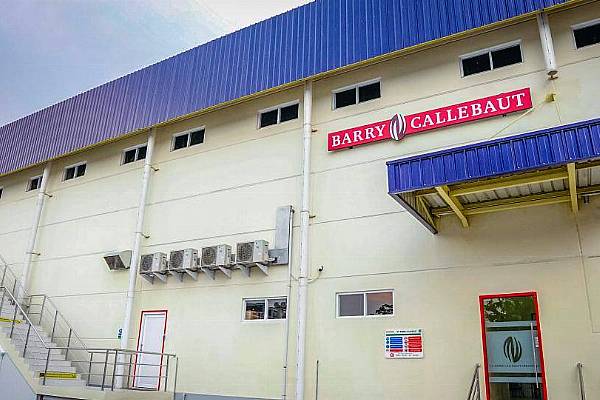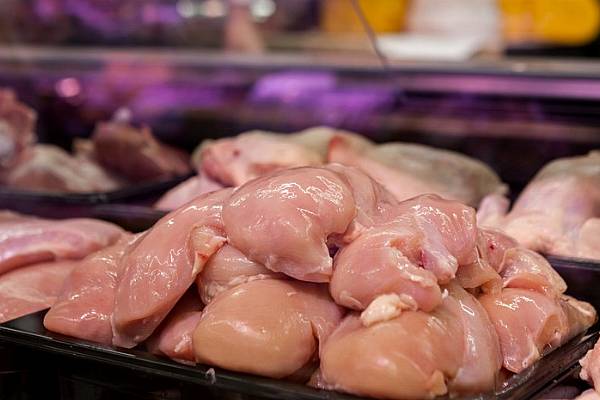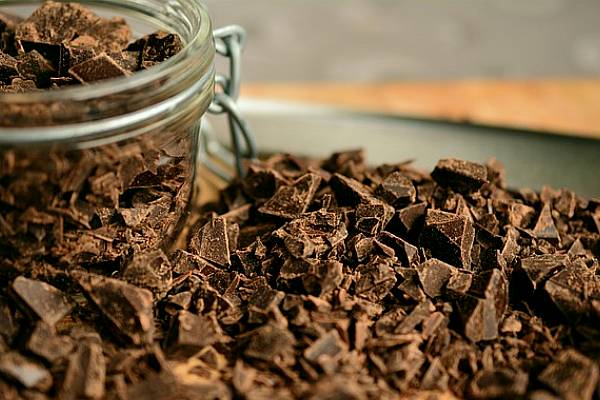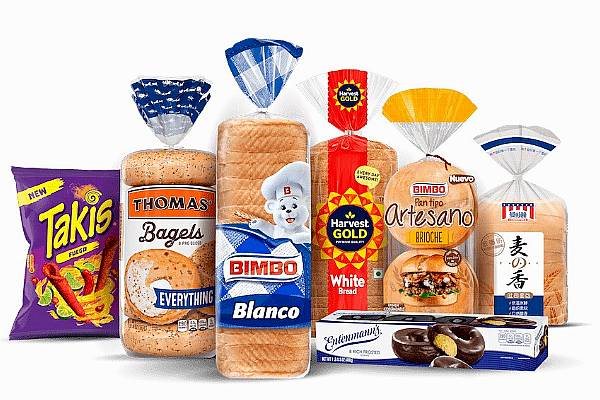Portuguese winemakers produced a total of 6.2 million hectoliters in 2014, representing a slight fall of 0.8 per cent over the previous year, according to Portugal’s Institute of Vine and Wine (IVV).
In August, the data collected from the producing regions predicted a smaller harvest, and with heavy rains. However, the end result ended up more favourable than expected.
The biggest problems during the flowering period mainly affected the north and center of the country, where production fell by 10 per cent, which was almost offset by growth in the Alentejo (9 per cent) and Tejo (17 per cent) regions as well as in The Setubal Peninsula (22 per cent).
The exceptions to this scenario happened in Tras-os-Montes, where production increased by 12 per cent, while production fell in the Douro (-8 per cent), Algarve (-12 per cent) and Minho regions.
According to IVV president Frederico Falcão, this overall decrease of 0.8 per cent is "not significant and will contribute to [keep] the balance in stocks and meet the international demand". By September, the export of bottled wine increased by 5 per cent over the same period last year. In 2013, exports of the sector increased by 2.4 per cent, amounting to €725 million.
Portugal is the 12th largest producer and the ninth largest exporter in the world, selling abroad close to 60 per cent of production, in value.
The Ministry of Agriculture announced this month that wine products with designation of origin (DO) or geographical indication (IG) will no longer have to pay for the issue of certificates, while the recognition of provenance of non-certified products will cost a maximum of €5. The first two categories have higher commercial value, for example, the average price per liter that was sold abroad in 2013 was €2.82 and €2.51, respectively, while non-certified wines only earned €1.09 per liter from exports.
Wines with the DO cartificate are associated with a particular region, both in terms of origina and production, and possess quality or characteristics inherent to that geography. Wines with the IG certificate are produced in a specific region and prepared with a minimum of 85 per cent of grapes from that region and typical grape varieties.














